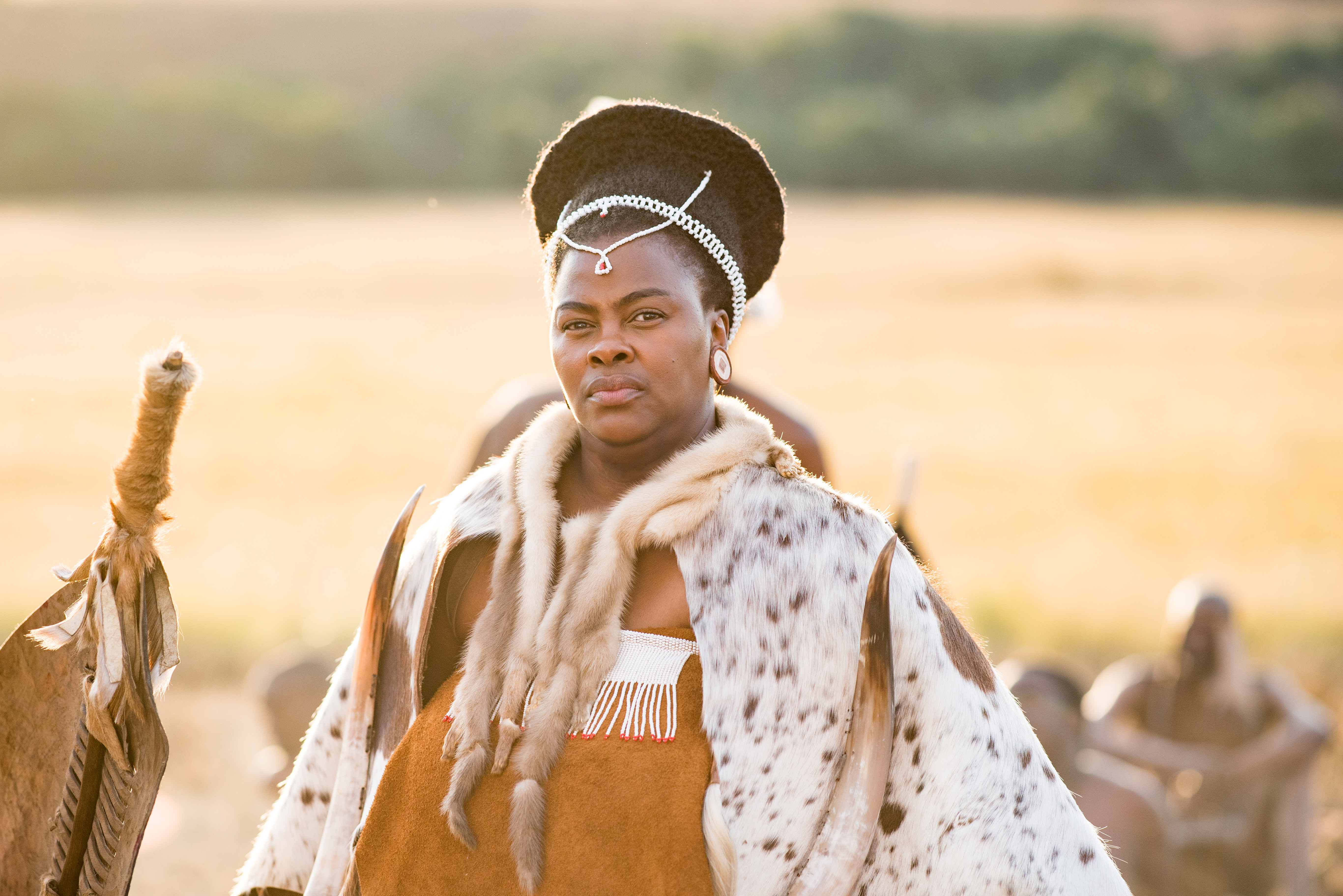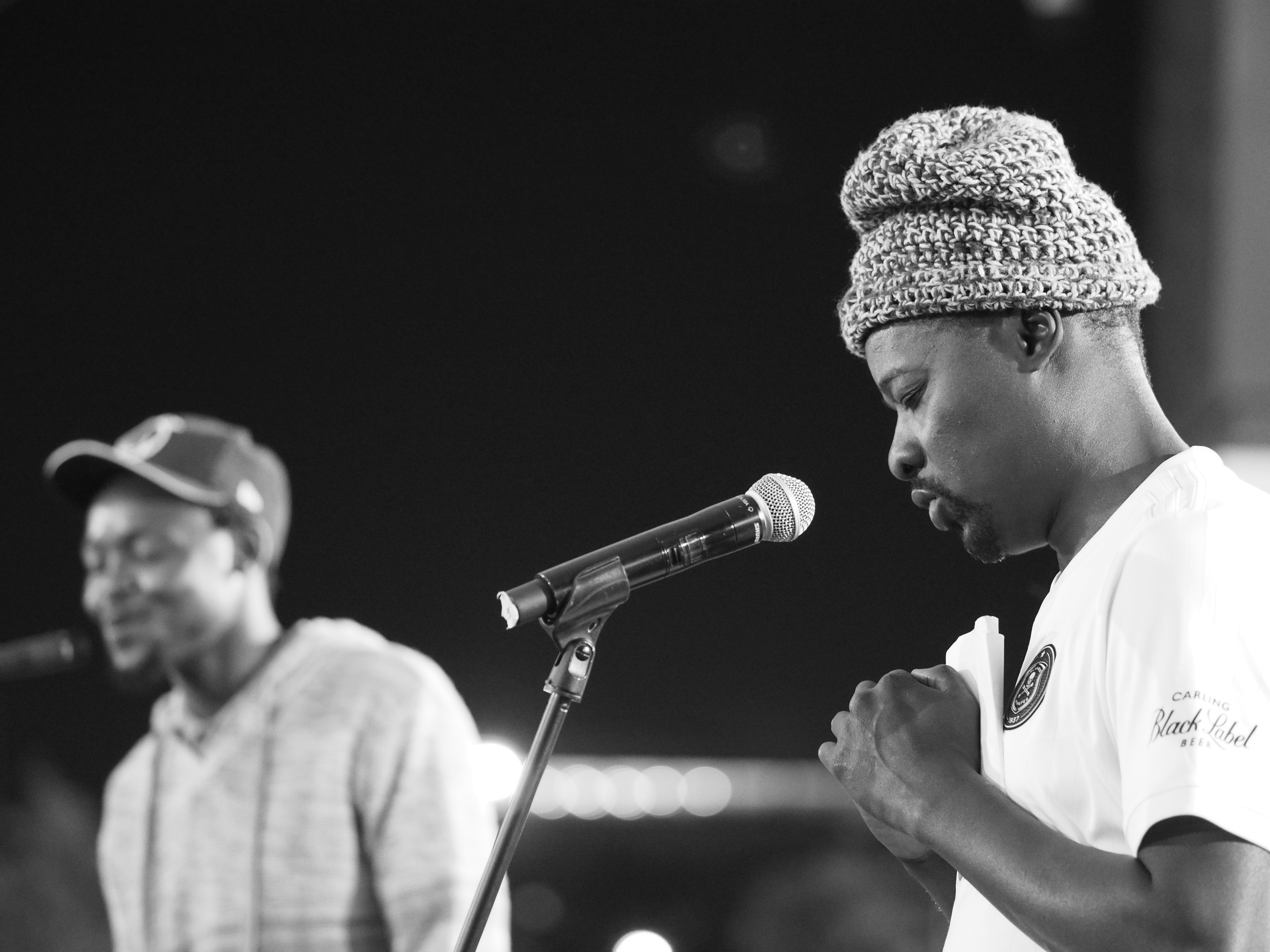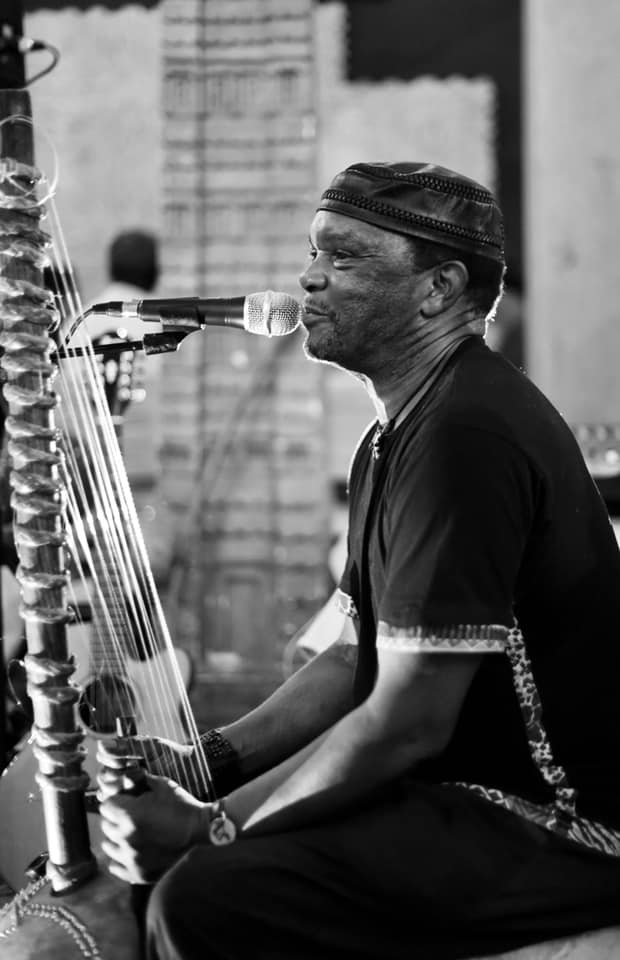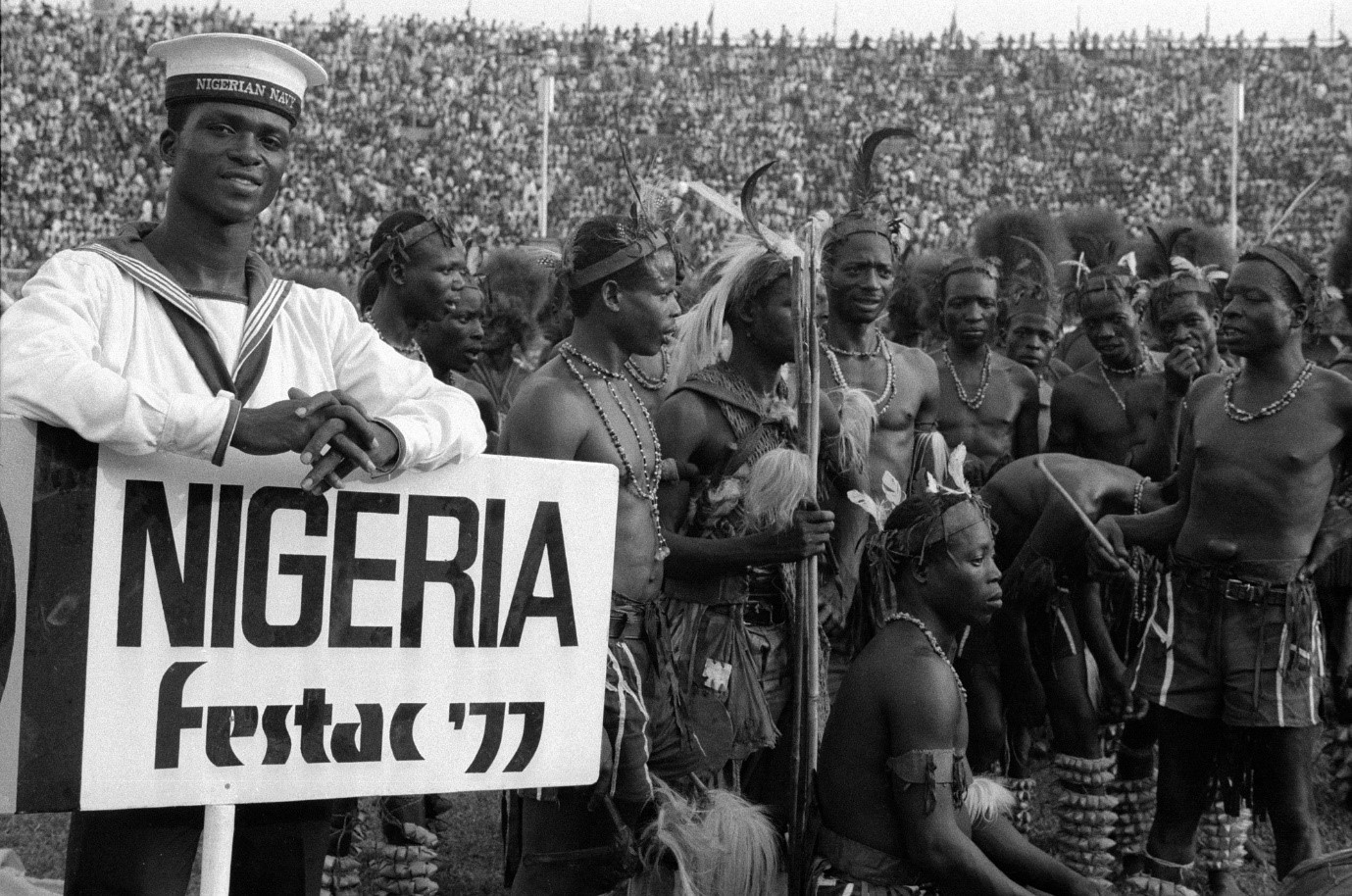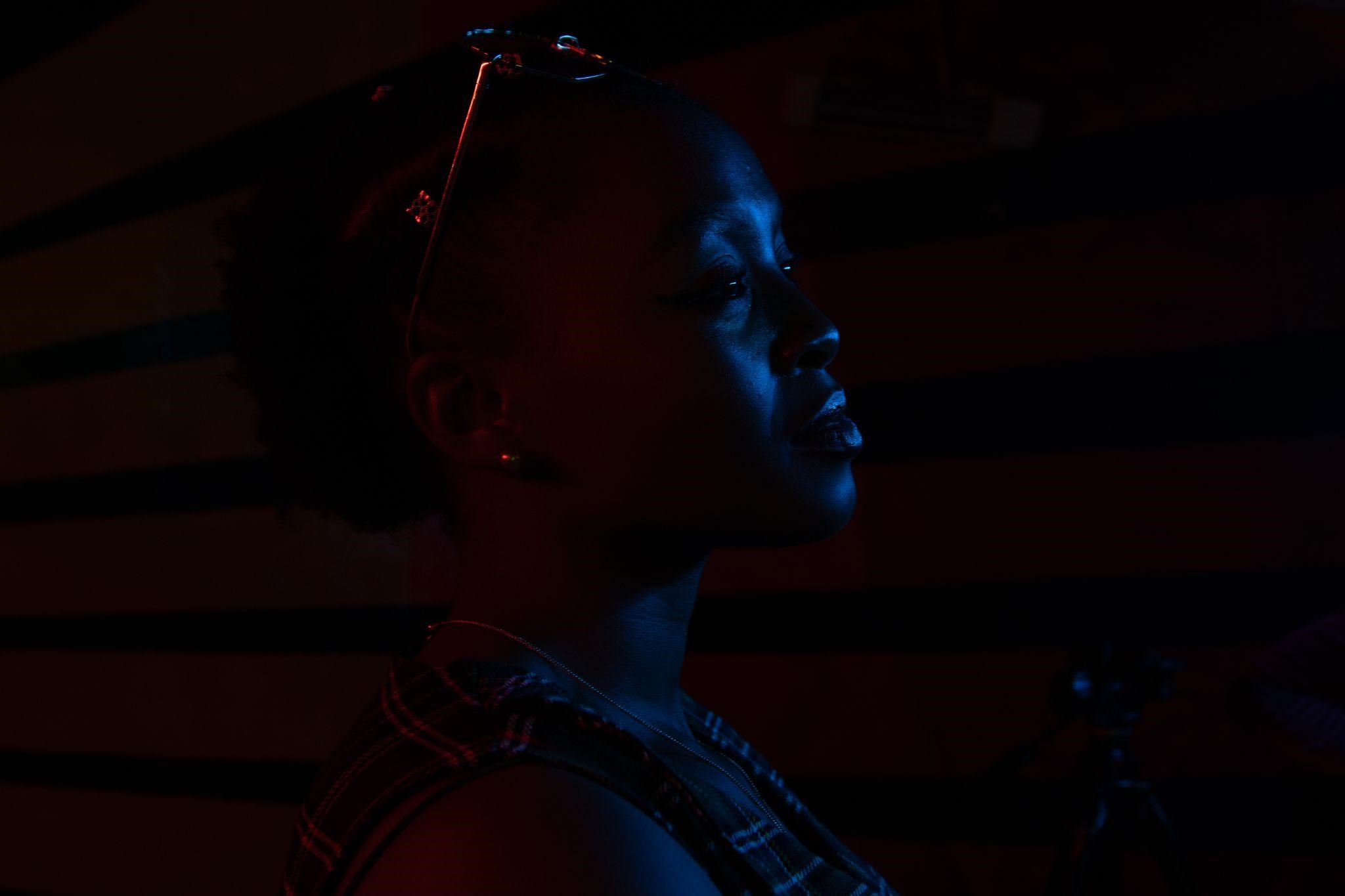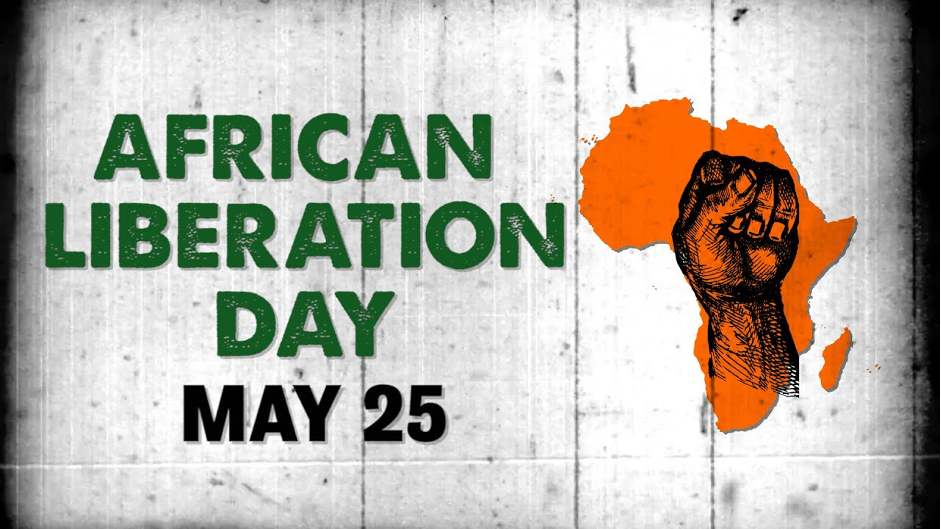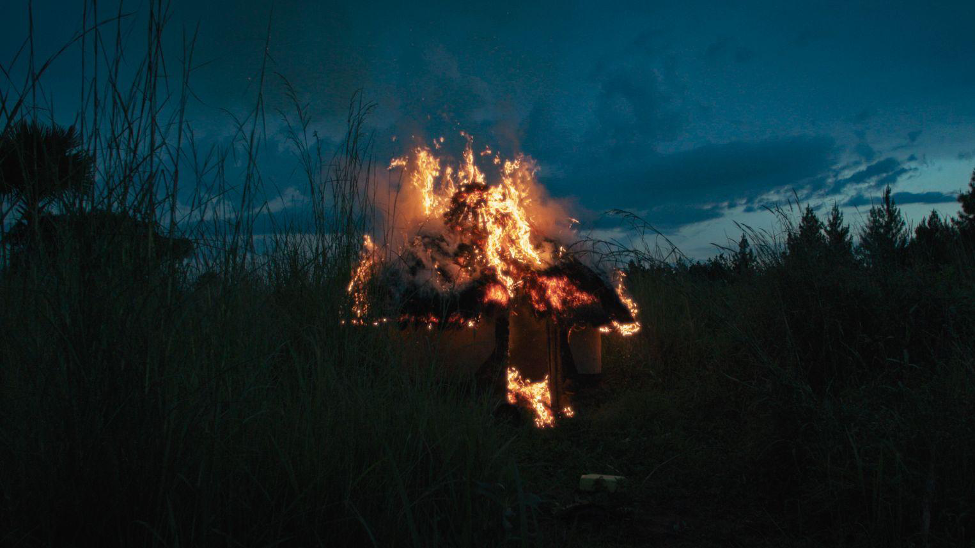When poet William Shakespeare enquires, “What’s in a name?” The BaTswana elders respond, “Bitso lebe ke seromo,” loosely translated, “a bad name directs destiny”.
In the African culture it is believed that in the combination of a name and its bearer you find a conception of identity; when naming a child you bestow upon them a life of purpose, which will inevitably influence their behavior and circumstances. If you are not an adherent of this old age adage, the inspirational stance and influence of award-winning filmmaker, Mmabatho Montsho, could be the hand that ushers you to the alter of conversion.
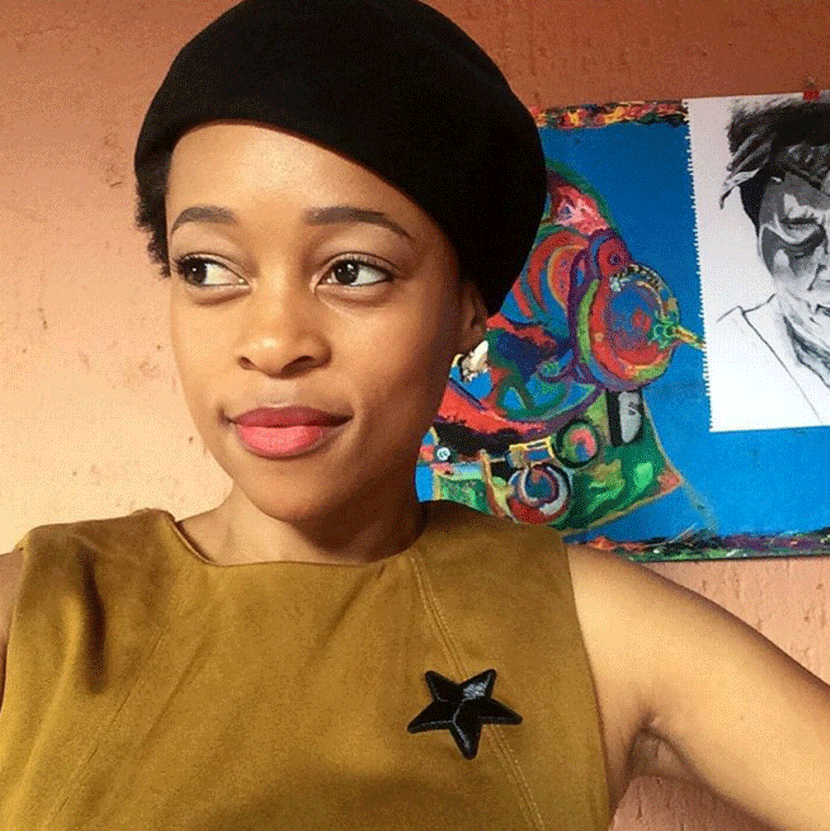
With Mmabatho meaning “Mother of The People” and Montsho meaning “Black”, the name of this formidable force in the poetry of BaTswana then means, “Mother of The Black Nation”; a duty too ponderous to uphold it may seem, but a task too imperative to tear in the seams.
In a recent open letter addressed to President Cyril Ramaphosa after he congratulated her on the film, The Award Ceremony, for winning the Best Short Film award at the 2020 Worldwide Women’s Film Festival in Arizona, USA, Montsho outlined the collective grievances of “Black filmmakers, Black women filmmakers, in particular”, and the need for the Minister of Sports, Arts and Culture, and the President of South Africa to act. When I asked if there has been any correspondence from the President or his office since the open letter, Montsho offered a stout, “No”.
In this letter Montsho mentions that, "We have yet to hear sound resolutions or see decisive action from the minister of arts and culture in regards to regulating the industry..." When answering the question of what her personal experience has been in regards to communications with the Minister of Sports, Arts and Culture, and if there has been any support received for The Award Ceremony, she says:
“It’s not about my personal experience or support to my personal project. It is about his duty to the industry as a whole as the minister responsible for the arts. The issues raised are not unique to me. They have been raised by many filmmakers, at countless indabas over many years.”
In a research paper published in September 2019, Inequality in 1,200 Popular Films: Examining Portrayals of Gender, Race/Ethnicity, LGBTQ & Disability from 2007 to 2018, the finding is that "the statistics of women behind the camera are static", with for instance only 5 female Directors across 1,135 content creators.

From this research it is evident that the sidelining of women creatives is not only unique to South Africa, but is a world wide epidemic. In speaking thus on the role that she is playing as not only a black woman creative, but also an activist for the recognition and equal treatment for women in the South African film industry, Montsho states:
“I mentor women. I collaborate with women. I employ women. When I have resources, I share them with women. I advocate for women in my workspaces. I also want to forward your question to those who actually have the political and institutional power and responsibility to end inequality.”
Moreover, according to the Cultivation theory founded by professor of communication George Gerbner, the representations (of gender) in the media affect audiences’ perceptions of reality, but more passively. The theory proposes that continuous exposure to specific cultural messages will influence how the audience identifies with that message in the long-term. The battle therefore for equality in the Film industry is a fight not only for the creative, but also against racism and gender-equality in society at large.
In giving word to aspiring filmmakers Montsho advises, that you should “Educate yourself as much as possible - about your craft, the business and the law. Don’t be afraid to negotiate contracts to your terms. Nurture your talent. Read good books. Be brave. You can succeed.”
The Award Ceremony will be screening at Rapid Lion Film Festival as part of the Women’s Perspective, a slate of short films directed by women on 8 March 2020, 16:00-18:30. Ticket info at Rapid Lion



